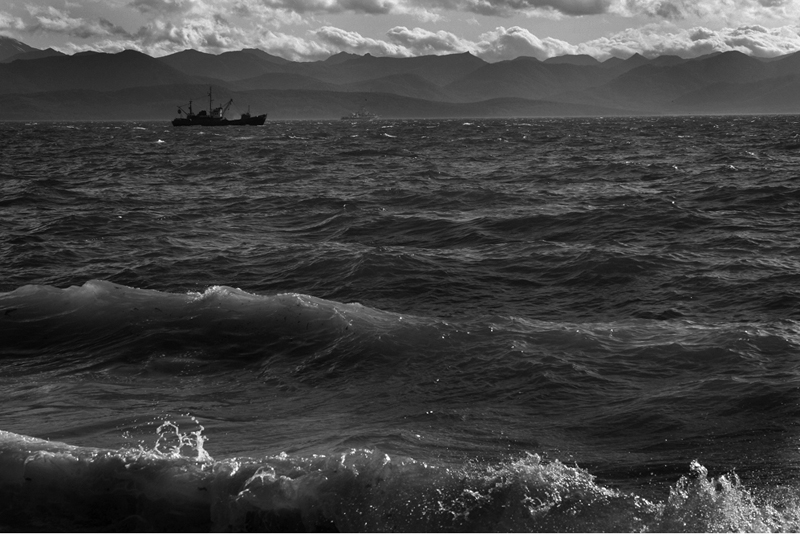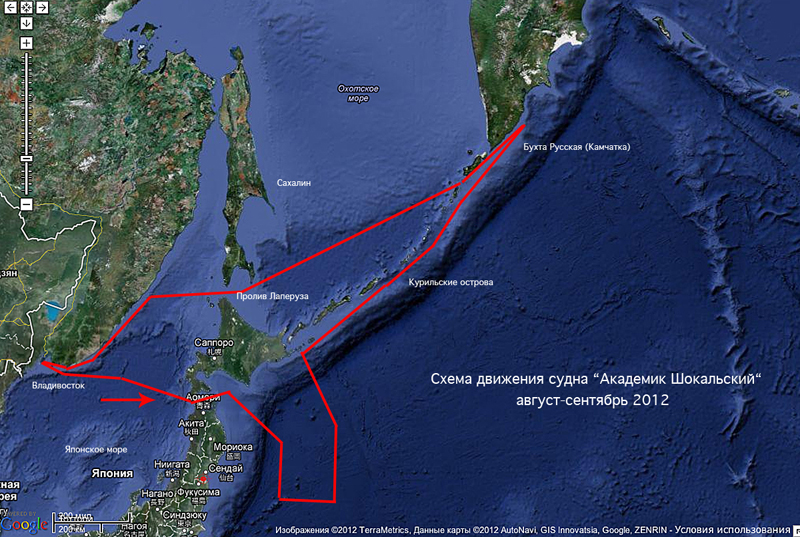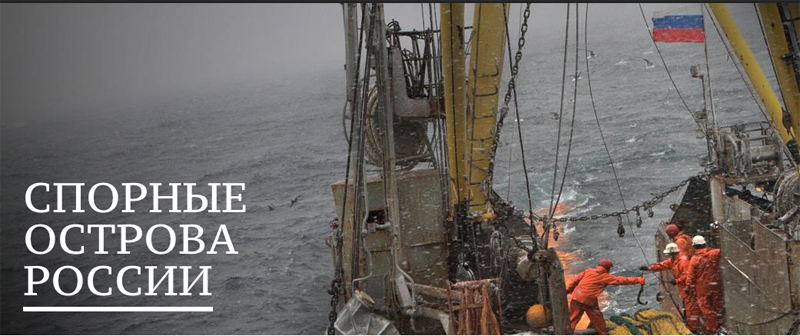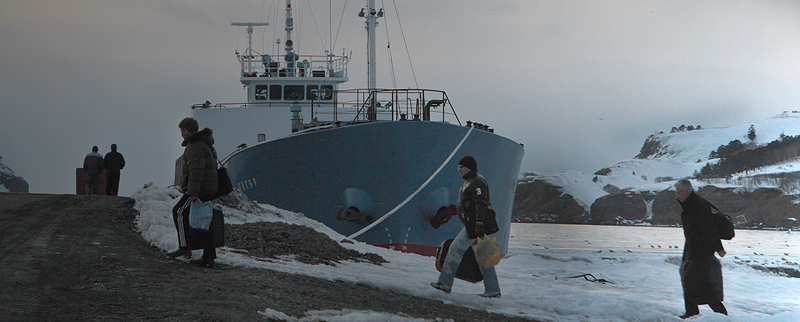Dear all,
From the end of May to the beginning of September, 2013 I am going to participate in between «Black and White sea» photo-project, travelling from cost to cost, from the north to the south through Russia, not by land, but the old waterway connecting the five seas of one continent.
It is not just a navigable waterway and not just important transport facilities — locks, dams and reservoirs, enabling going out from the White sea through the Volga-Baltic Channel — to Balticand Caspian sea and through theVolga-Don channel to the south seas — Azov and Black seas. This is the history of the state, the beginning of «great» prison camp buildings of Stalinism and outstanding objects of Soviet period, which construction has cost millions of lives of the Soviet citizens.
The journey will start from the Solovetsky Islands (the White sea), where for the first time in “SLON”camp the system of exploitation of prisoners to build “great constructions of a socialism» designed and tested in the late 20-ies of the 20th century, and will finish on the Black sea where at present the city of Sochi is under the construction for upcoming Olympic Winter games of 2014.
Buying one of my photos, you get not only the photo that you like in a convenient form (a file and make a print youself, a print on barite — collection or author’s, and also a digital print), but doing that you give me a real possibility to carry out the project which is important not only from the photographic and aesthetic point of view, but not less important from a socially-public position. You can watch the whole process of project performance on-line at one of The Liberty.SU noncommercial resourceM-journal and also get any of photos which I will take during this travel as a gift. More pictures of there.
My friend and agent at the same time —Masha Novikova can explain all the details.






